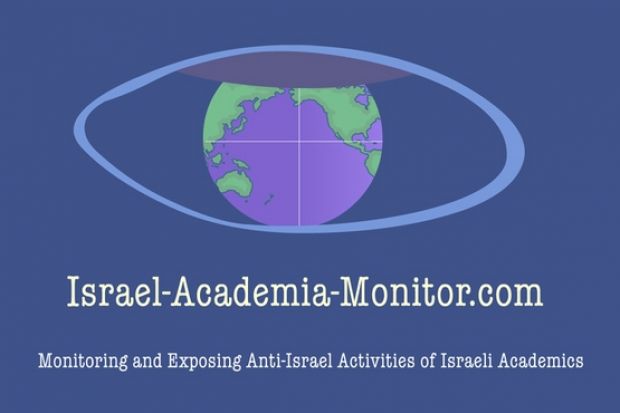Debate on academic politics in Israel has been reignited by Stephen Hawking’s decision to boycott a presidential conference after lobbying from Palestinian colleagues.
Meanwhile, a campaigning Israeli organisation has claimed that universities in the country - and the state itself - are being undermined from within by academics with pro-Palestinian viewpoints.
Introducing a round-table event on academic freedom in Tel Aviv on 3 May, Dana Barnett, director of the Israel Academia Monitor (IAM), stated that “neo-Marxist critical scholars” had “expanded control of humanities and social sciences departments” in the country.
Ofira Seliktar, professor of political science at Gratz College in Pennsylvania, argued that Israeli academics enjoyed greater freedom than those in the UK, Germany and the US - but at “a heavy price”, with many “using their classroom as a platform for political indoctrination rather than a ‘marketplace of ideas’”.
Michael Gross, a member of the board of governors at Ben Gurion University, said he believed that poor corporate governance had led to a situation “where elements of the university are now…out of control”, with its department of politics “an anti-pluralistic bastion of one-sided anti-Israel far leftist agitprop”.
Meanwhile a master’s student at Ben Gurion, Rachel Avraham, spoke of her objections to a professor on her course who asserted “that Israel is violating international law” and “is the main impediment for peace”.
But commenting on the event, David Katz, professor of early modern European history at Tel Aviv University, said that IAM was part of “the fringe internet media…read by people who want further confirmation of views they already have”.
He said he did not approve of professors speaking as academics on political issues “unless they are experts”, although he added that “as long as they keep it out of the classroom, they are welcome to take part in political life”.
“Few professors violate that trust, but those who do are harmless, even if they express views more extreme than the ones quoted [by Ms Avraham], which are held by many Israelis,” he said.
Register to continue
Why register?
- Registration is free and only takes a moment
- Once registered, you can read 3 articles a month
- Sign up for our newsletter
Subscribe
Or subscribe for unlimited access to:
- Unlimited access to news, views, insights & reviews
- Digital editions
- Digital access to THE’s university and college rankings analysis
Already registered or a current subscriber? Login
